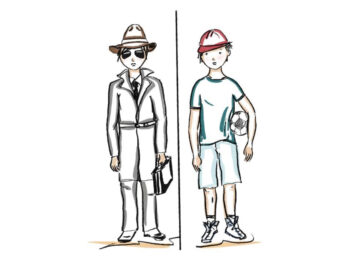Toilet training is a significant milestone in a child’s development, but for special needs children, it can present unique challenges.
Understanding the reasons behind delays in toilet training is crucial to provide valuable support and guidance. These delays can arise from various sources, including intellectual disabilities, fine and gross motor skill development delays, generalized muscle weakness, sensory issues, and anxiety, among others.
- Intellectual Disabilities: Some special needs children may have intellectual disabilities that hinder their understanding of the toilet training process. This can make it difficult for them to grasp the concept and follow the necessary steps.
- Motor Skill Development Delays: Fine and gross motor skill development delays can impact a child’s ability to coordinate their body for toilet-related tasks. This may include issues with pulling down pants, sitting on the toilet, or wiping effectively.
- Generalized Muscle Weakness: Muscle weakness, affecting not just large muscles but also small ones, can make it challenging for a child to hold back the urge to go to the toilet or to control bodily functions effectively.
- Sensory Issues: Children with sensory processing difficulties may find the sensations associated with toilet training overwhelming. This can lead to resistance or anxiety about using the toilet.
- Anxiety: Anxiety is another factor that can impede toilet training progress. A child experiencing anxiety may have trouble focusing on the task at hand or may resist using the toilet due to fear or discomfort.
Identifying the specific reason behind a child’s delay in toilet training is the first step towards effective support. It’s essential to avoid misattributing the issue to defiance or unwillingness. For instance:
- Sensory Issues: Some children with sensory challenges may find the texture of toilet paper or the sound of flushing unsettling. Understanding and accommodating these sensitivities can ease the process.
- If a child lacks the physical ability to clean themselves after using the toilet, urging them can lead to frustration and resistance.
- Blaming a child for nighttime accidents caused by anxiety or disturbed sleep patterns can damage their self-esteem and hinder progress.
Understanding these scenarios highlights the importance of addressing the root cause of the delay. Instead of blaming the child, parents and caregivers should provide patience and support.
It’s important to remember that toilet training progress in special needs children may indeed be slower, but it’s not impossible. With time, patience, and faith, these children can achieve this milestone. Special needs parents have learned that believing in their child’s potential can make a world of difference. Every step forward, no matter how small, is a triumph worth celebrating. In the journey of toilet training and beyond, faith and love can conquer even the most challenging obstacles.







